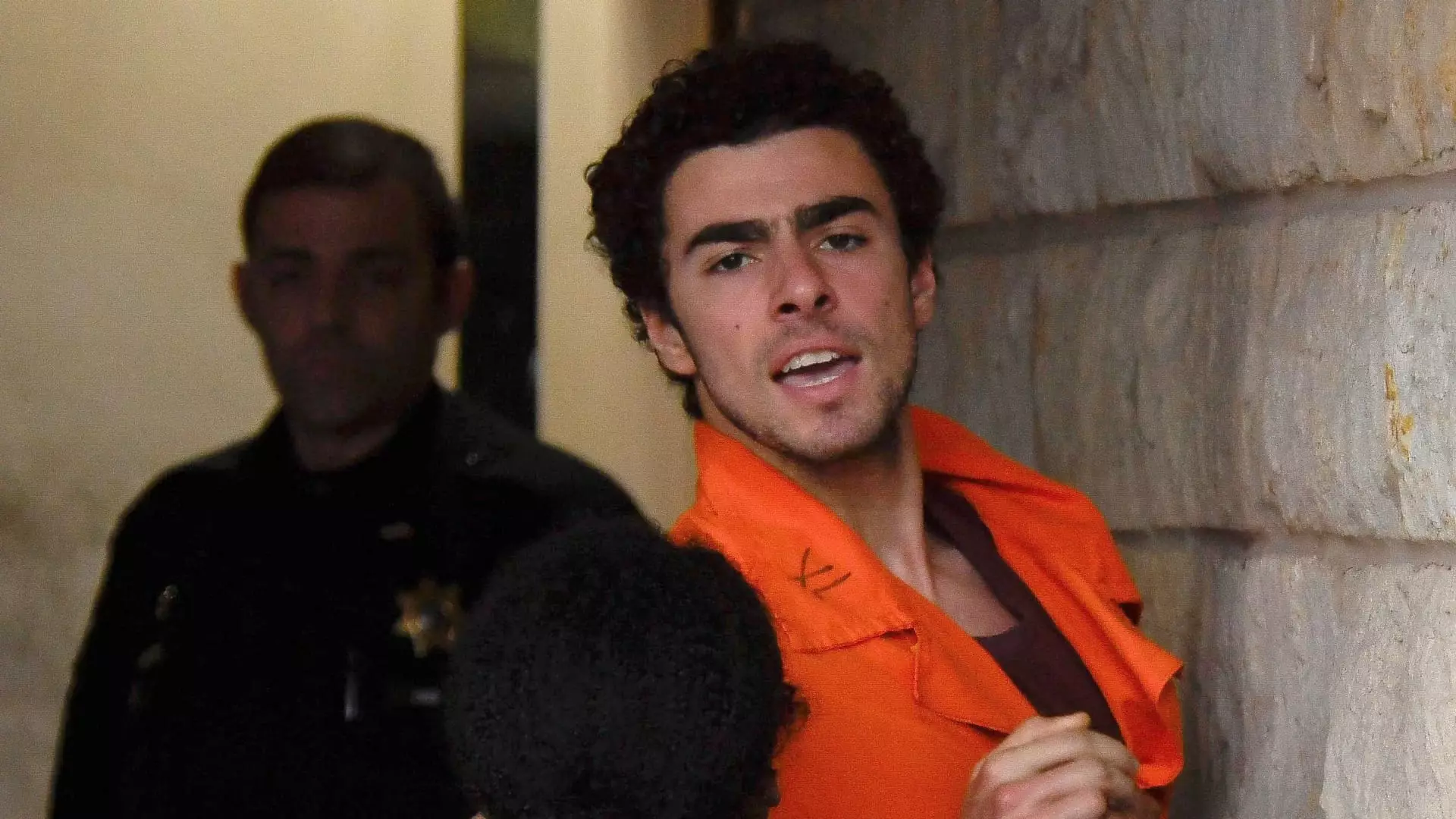The arrest of 26-year-old Luigi Mangione in connection with the murder of UnitedHealthcare CEO Brian Thompson has rapidly unfolded as a case that raises pressing legal and ethical questions. While the manhunt concluded in Altoona, Pennsylvania, where he was apprehended at a local McDonald’s, the implications of this event extend far beyond the initial charges. Mangione, who hails from a distinguished Baltimore family, stands accused of serious criminal offenses, including one count of murder and multiple counts related to weapon possession and forgery, highlighting the troubling intersection of privilege and violence in today’s society.
In a proclamation of intent and seriousness, Mangione has enlisted the services of the well-known attorney Karen Friedman Agnifilo, whose background includes notable positions in the Manhattan District Attorney’s office. Despite the acknowledgment of her representation, the legal team has opted to remain tight-lipped regarding details surrounding the case. This hampered communication, while common in high-profile legal scenarios, leaves many questions unanswered about the defense strategy that the team plans to deploy.
Agnifilo’s extensive experience in prosecutorial roles may lend a unique perspective to her defense strategy. However, the choice of an attorney with such a background also raises ethical considerations about the potential biases that could be involved in a case like this—a case that is not just a legal matter but a public spectacle.
The severity and high-profile nature of the crime have already triggered a flurry of online activity, leading to several crowd-funding initiatives aimed at securing financial support for Mangione’s legal expenses. At least three initiatives on GoFundMe had to be pulled after being deemed in violation of the platform’s policies against fundraising for legal defenses in violent crime cases. Interestingly, another platform, GiveSendGo, has allowed one fundraiser to remain active, which reportedly gathered over $94,000. This juxtaposition illustrates the societal divisions that exist when it comes to public sympathy towards individuals accused of severe crimes.
While some view these online fundraising efforts as an example of misplaced priorities, others argue that financial support for legal representation is an essential element of the American judicial system—ensuring a fair trial for all, regardless of the nature of their alleged crimes. Yet, the murky waters become particularly problematic when combined with the privileged background from which Mangione comes.
Currently, Mangione is being held in isolation at the Huntingdon State Correctional Institution, where he faces extradition challenges. His conditions in jail—lack of television access and limited interaction with inmates—further highlight the gravity of his predicament. The case is not just a personal tragedy for the families involved but offers a broader commentary on society’s perceptions of wealth, crime, and justice. As this legal battle unfolds, it compels us to reflect on the implications of inequality in the criminal justice system and the importance of stringent ethical considerations for all parties involved.
With the upcoming legal proceedings, the nation watches intently as Mangione prepares to contest charges that carry profound consequences—not just for him but potentially for the societal framework surrounding crime and punishment itself.



Leave a Reply